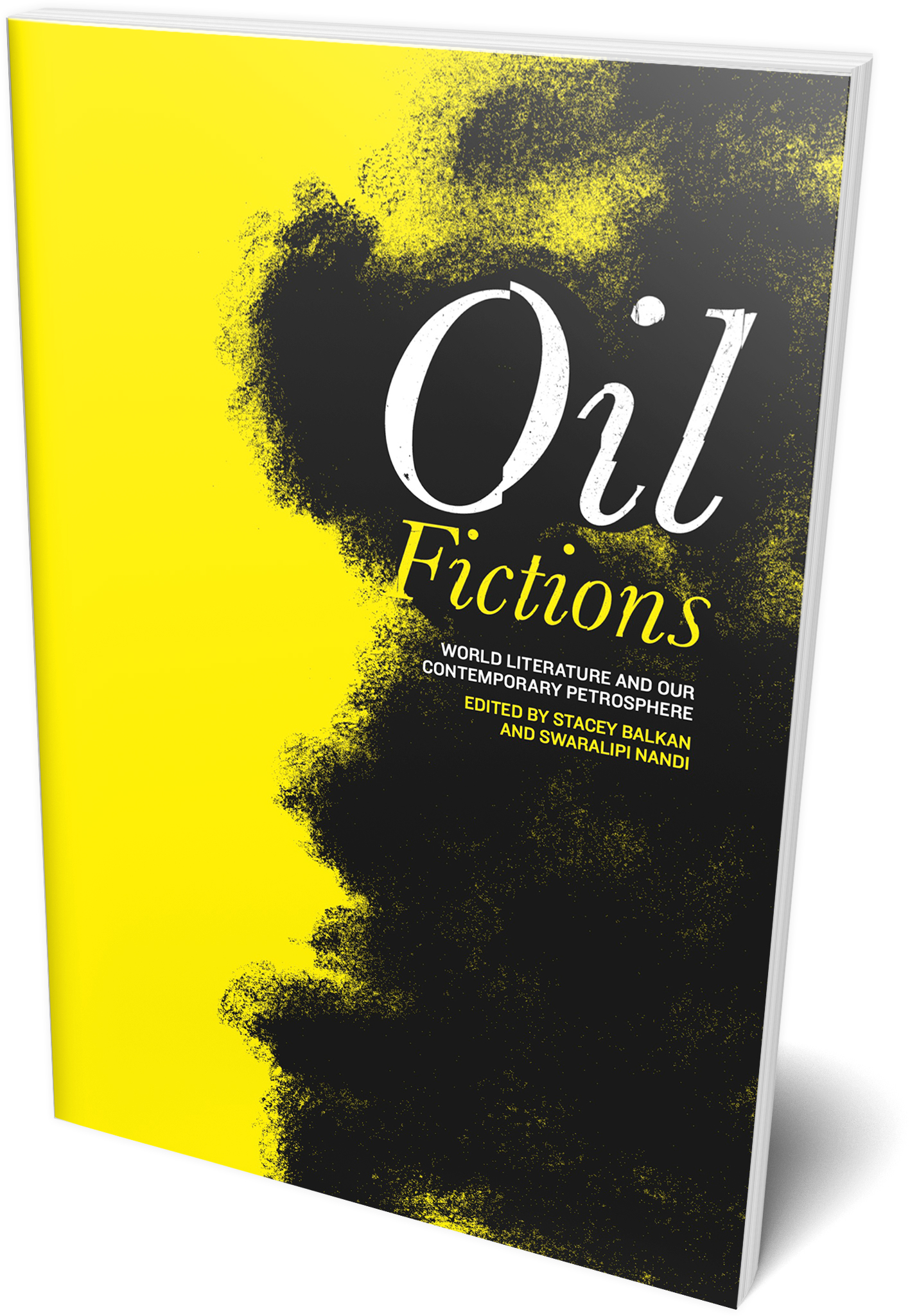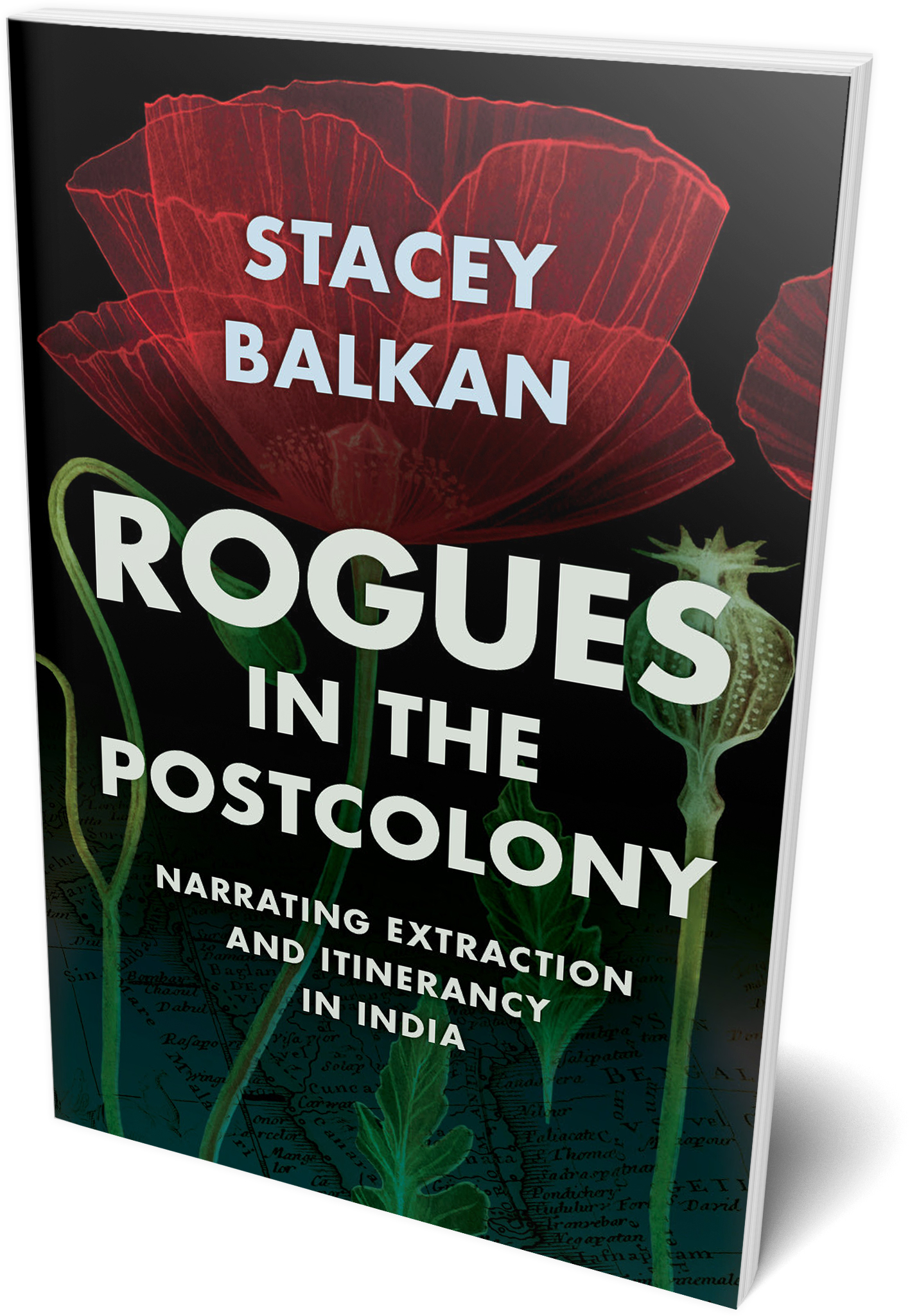Prof. Stacey Balkan's Books Reviewed
Congratulations to Prof. Stacey Balkan whose two recent books have both been reviewed in high-profile journals in their respective fields.
Oil Fictions: World Literature and Our Contemporary Petrosphere (edited by Stacey Balkan and Swaralipi Nandi) has been reviewed by Sofia Ahlberg of Uppsala University, Sweden. Ahlberg's reviewed appears in ISLE: Interdisciplinary Studies in Literature and Environment pages 1-2, published on September 7th, 2022. (DOI: https://doi.org/10.1093/isle/isac060)
From Ahlberg's review:
The notion of “fiction” in the book’s title lends coherence to the col- lection, as it captures both literary fiction and the false promises of end- less abundance that constitute the “fictions” of mainstream oil culture. Serving as subject and inspiration for this volume, this expansive con- cept of fiction knits together disparate discourses on capitalism, vio- lence, and postcolonial critical studies. Oil Fictions covers considerable ground in analyzing oil fiction as well as identifying new sensibilities associated with oil’s fantasy of progress and well-being.
Balkan's Rogues in the Postcolony: Narrating Extraction and Itinerancy in India was reviewed by Shwetha Chandrashekhar in South Asian Review (DOI: 10.1080/02759527.2022.2087767), published online on June 13th, 2022.
From Chandrashekhar's review:
Stacey Balkan’s Rogues in the Postcolony: Narrating Extraction and Itinerancy in India is a valuable study that cuts across fields such as postcolonial studies, South Asian studies, Global South studies, environmental humanities, and disaster studies. Balkan argues that “the postcolonial picaresque” is an emergent genre of postcolonial fiction writing that sheds light on the after-effects of colonial and neoliberal violence and enables us to think about uneven economic development and the consequent dispossession and debilitation in India from a longue durée perspective. This genre not only allows for a critique of the structures and forces that sustain global capitalism in the form of extractive capitalism, agricultural corporatization, and illegal land grabs, it also exposes the loopholes of the discourses of neoliberal development and postcolonial modernity.

